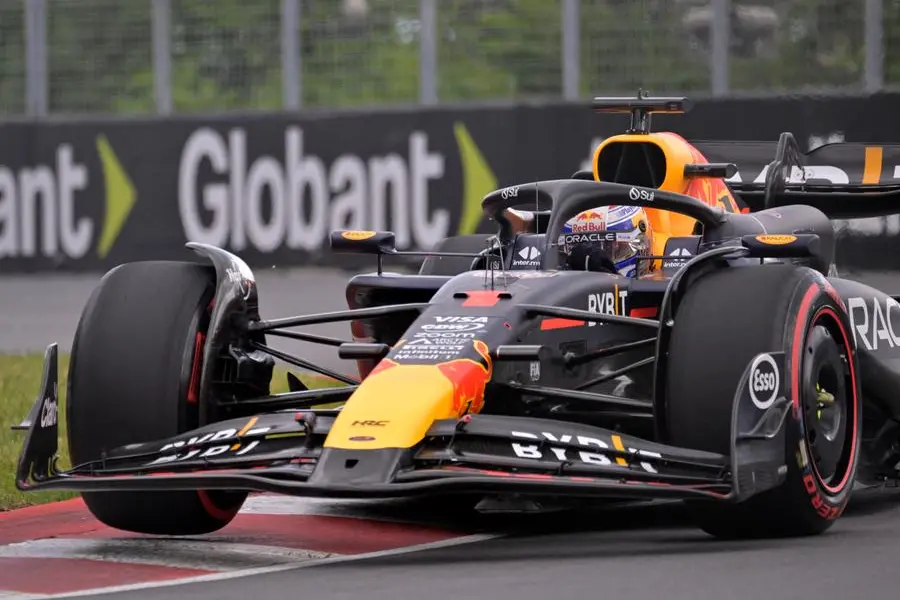PHOTO
Formula One's governing body said it recognised concerns about the sport's proposed technical regulations for 2026 but assured teams and drivers on Saturday that further refinements were in the pipeline.
The FIA published an overview of the new rules at the Canadian Grand Prix on Thursday and said the new generation of 'nimble' cars would be lighter, with better efficiency and handling.
The response from drivers and bosses was mixed, with concerns that the new cars would not be quick enough through corners but would be too fast down the straights.
"I've spoken to some drivers who have driven it on the simulator, I haven't, but they said it's pretty slow. So we will see whether it's actually the right direction or not," said Mercedes's seven-times world champion Lewis Hamilton.
Williams's Alex Albon told reporters: "I don't want to speak out of turn but I think it's going to be very slow, extremely slow."
The Thai's team boss James Vowles said the performance difference to a Formula Two car could be as little as a few seconds.
FIA single-seater director Nikolas Tombazis said approval by the FIA's World Motor Sport Council by the end of the month was only a first step.
"We are not in the final set of regulations yet," he told reporters. "We do have quite a few things that we need to refine and discuss with the teams.
"We are fully conscious of some of the concerns -- level of downforce of the cars or straight line speed -- and these are things that we class as the refinements that still need to take place."
Tombazis expected a "reasonable amount" of extra work to be done by the start of 2025, when teams are allowed to start aerodynamic development.
He added that the FIA fully expected a step up in performance and had set the bar "reasonably low" initially.
"I understand the comments, I don't think there's any concern these cars will be not faster than F2 or anything like that. I think that will be 100% resolved."
FIA technical director Jan Monchaux also addressed concerns about straight line speed.
"We will make sure that the top speeds are not reaching levels which would be a safety concern," he said. "And we have means to do that."
(Reporting by Alan Baldwin in London, editing by Clare Fallon)





















